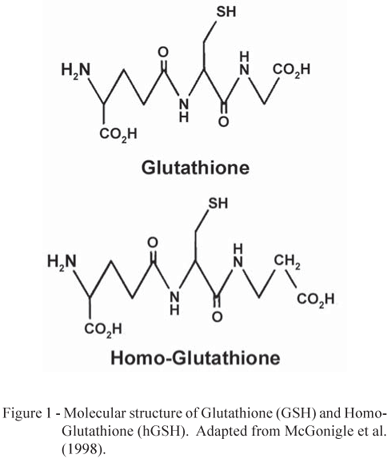Herbicide selectivity is an agricultural technology largely exploited in chemical strategies of weed control. The joint action of several protection mechanisms avoids phytotoxicity from herbicide treatment, maintaining the level of agronomically accepted damage to a minimum, or even totally avoiding them. The major mechanism of herbicide selectivity derives from the differential metabolism between weed and crop plant species, with weeds presenting a limited ability to perform it under agronomically recommended conditions. In this case, phytotoxicity can be interpreted as an overcoming of the maximum protection capacity offered by the mechanisms of selectivity, or when considering metabolism as the main factor, the overcoming of the inherent plant ability to detoxify a particular molecule. Considering that herbicide metabolism requires energy disposal, symptoms of phytotoxicity characterize an additional waste of energy that should not be accepted as a natural physiologic response; therefore it might result in yield losses. To avoid or minimize crop losses or damages, it is required that herbicide application recommendations are based on results from rigorously conducted selectivity experiments, as well as that there is an increase in the awareness of growers about the best use of each product.
phytotoxicity; injuries; yield; experimental design; crop management




